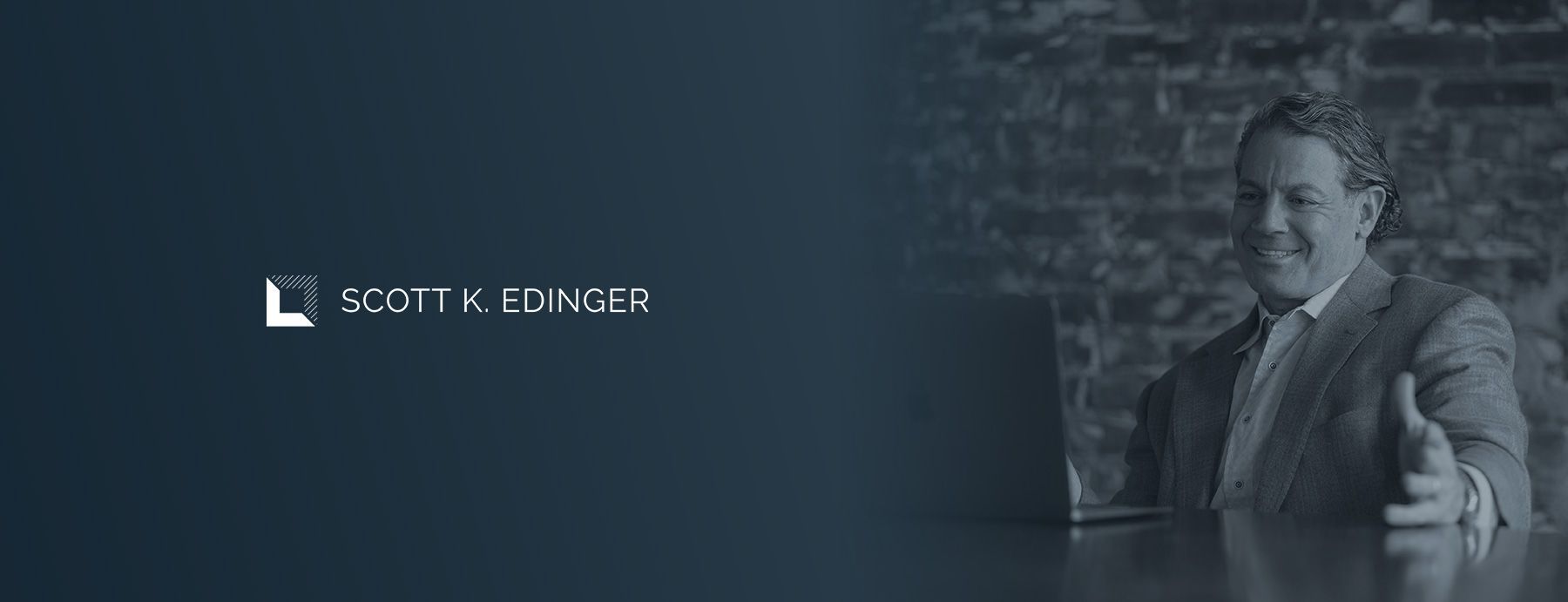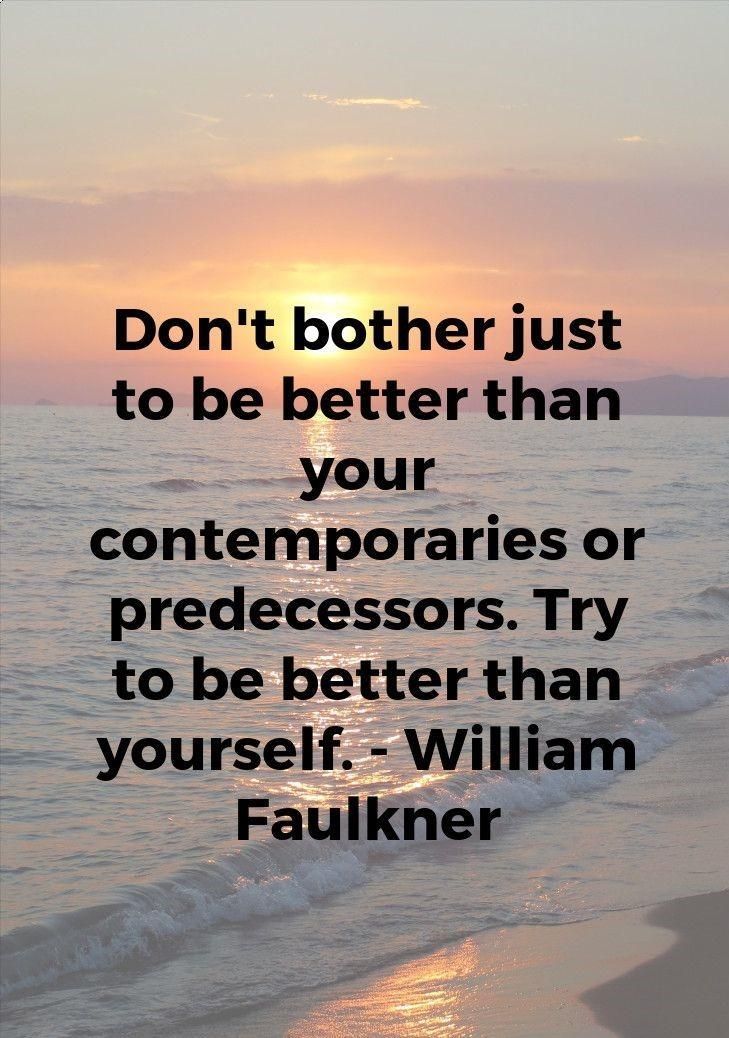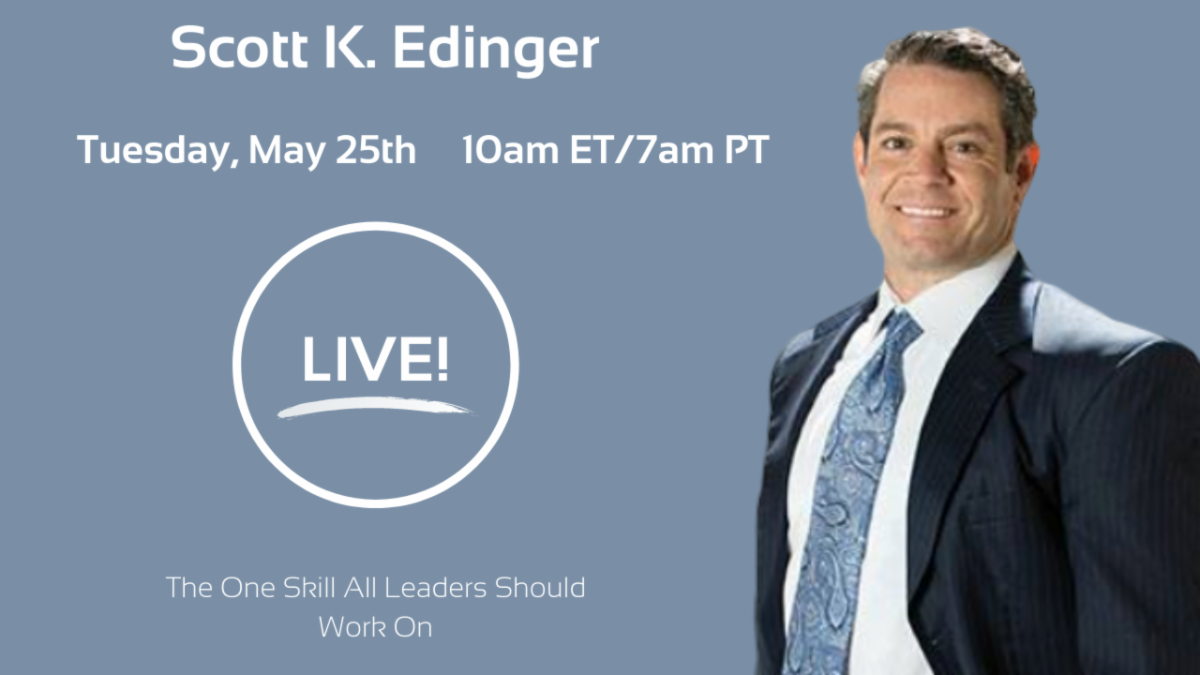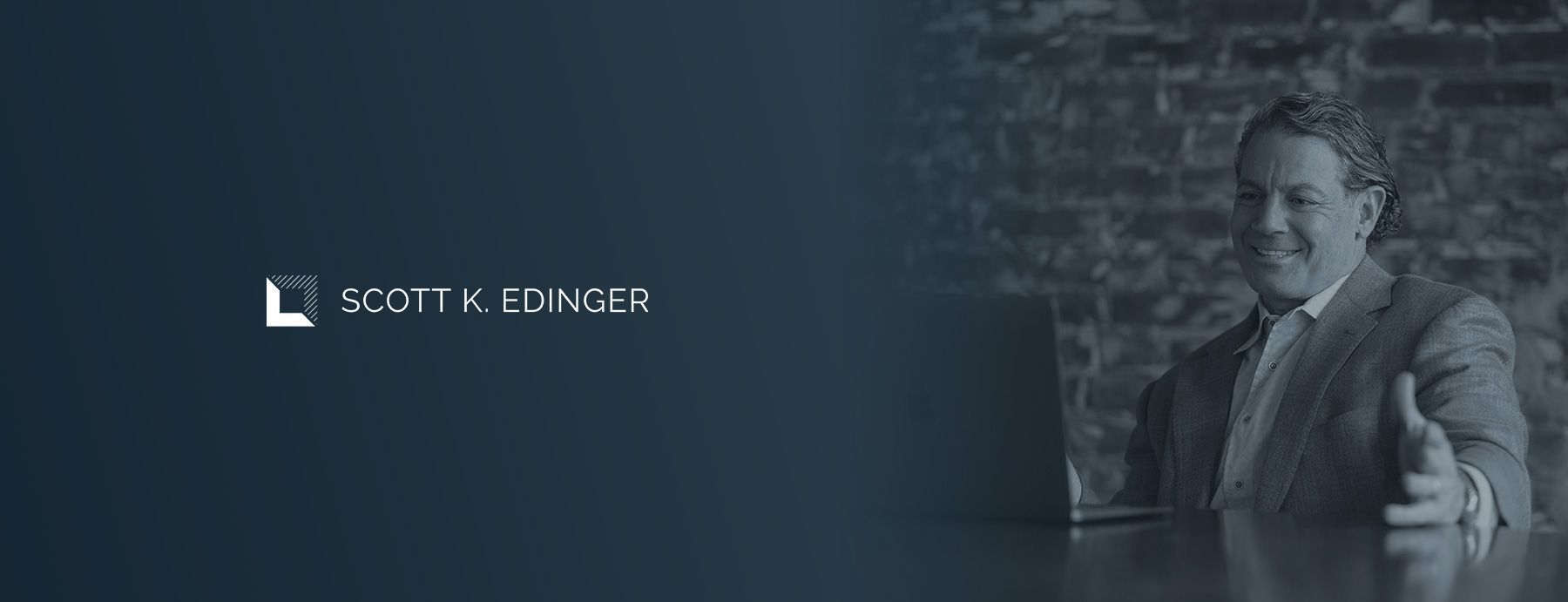
May 20, 2021
You Are Not The Best Judge Of You
You are the only one always with you, so you should be the best judge of yourself. Right? Not so fast.
As a leader, the impact you have on others can be a more important datapoint than objective data on your ability to complete any given task. In my prior research projects analyzing the 360-degree feedback from tens of thousands of leaders, we discovered that when you ask someone to rate their supervisor on something like listening, what we learn is whether or not they think that person is listening to them. That’s certainly not objective data, but it doesn’t have to be. If I think my boss is not listening to me, that certainly plays into how effective she is as a leader, no matter how subjective my judgment is.
It’s not just a gap — but something closer to a canyon — between people’s perceptions of themselves and how other people see them. The research suggests that you are a notoriously bad predictor of your own leadership abilities because it is so difficult to consistently know what impact you are having on others. In that regard, other people are experts at knowing how they feel about your effect on them.
You need to listen to other people and take their feedback seriously, but you don’t need to hang on every word. Feedback is the result of that individual’s experience of you, and while their subjective opinion is valid, it may not be the complete picture. And don’t forget that there are times when you receive feedback that is more about the self-interest of others than genuine interest in your performance. So, you shouldn’t put too much stock in outliers, but as themes bubble up, you better pay attention. Synthesize what’s valuable by asking the following questions:
- What have you heard before?
- What is showing up as a theme?
- What is helpful in explaining why something hasn’t been working for you?
- What do you want to offer as a leader?
People will give you feedback based on their perspective and preferences, and it’s up to you to decide if you agree. For example, if someone tells you that you have unrealistic expectations, it’s your choice whether or not that’s something you want to change about your leadership style. You don’t have to take it all to heart, but you need to know what’s out there.
Before You Leave For Vacation
My hunch is there isn’t much of a market for consultants who help people take more effective vacations. I’d struggle if that were my focus. While it’s not a specialty of my work with clients, time off or balancing home commitments with work is a frequent topic of conversation. It is something with which so many leaders struggle and I’ve written a few articles for HBR on this very topic.
So, here we are at the precipice of summer vacation season. To maximize the time away and minimize the burnout before and after, consider the following approaches:
(Almost) clear the decks. At least a week before you ever leave, take steps to prepare for your absence so you really can be away while you’re gone. Make sure that all your projects are either paused or can move forward without you. Get a handle on your email and voice-mail inboxes. I don’t mean everything has to be done (that never happens, and an expectation that it will may result in pre-vacation burnout).- Unplug mostly. You run a hundred miles a minute during the workweek, and a full stop on vacation can be jarring and uncomfortable. I’ve worked with many people who fail to close the laptop on vacation, and the result is missed memories and a return to the office as tired as they left. While I don’t think you need to forbid contact with work, I do believe you must establish clear ground rules about when and how you will engage in it. When you’re engaged in work you really aren’t on vacation, you are at work. There’s no right way to do this, but here’s my rule of thumb: During a one week vacation, take at least 72 consecutive hours with no work, no email, and if you dare, no screens. Then only spend 30 to 60 minutes a day quickly checking in on urgent issues.
- You aren’t that important. To be able to truly go on vacation you need to be convinced that the world can go on without you. This is not to say you don’t make a difference, or even that you won’t be missed. But most likely, any negative impact will be modest and quickly resolved upon your return. For many of us, our work is such a vital part of our lives that we have a distorted view of our own importance. Odds are, your team and your clients will be completely fine if you’re out for a week or two.
Beware The Logical Fallacy Of Ad Hominem Behavior
In college I learned a lot about logical fallacies thanks to a great deal of study in rhetoric. It helps me today to point out the problems in the way people discuss problems. The fallacy of ad hominem behavior is about attacking your opponent's character or personal characteristics as a way to undermine their argument. The attacks aren’t about the position that’s taken or an argument’s logic. It’s about something else from a past transgression to someone's immutable characteristics. Even if the attacks are true, they don’t necessarily mean someone is wrong or that their argument ought to be discredited.
When you watch or read the news, notice just how often this logical fallacy is invoked, and what a lousy excuse it is for good analytical thinking.
Current Read: Resist Old Routines When Returning To The Office
There is great relief in the return to some semblance of normalcy, but organizations should resist the desire to return entirely to their pre-pandemic ways and embrace the opportunity to permanently integrate positive practices they adopted during the pandemic. In this article, the authors present a four-step framework to help leaders identify and incorporate the changes that have been successful in the past year.
Quotable:

Next Steps:
Please join me on Tuesday, May 25th at 10 am Eastern for another LinkedIn Live. I will be discussing the one skill all leaders should work on.


